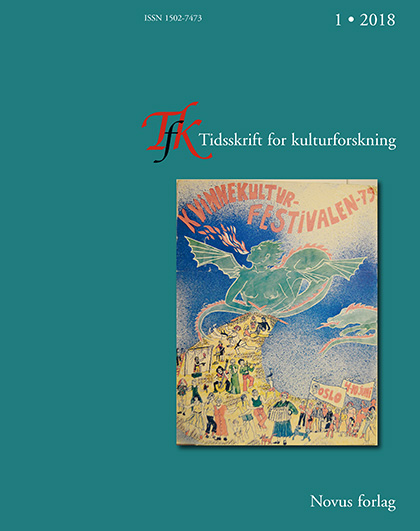Sammendrag
This article explores partly overlapping, partly contradicting narratives about the terror events in Norway on July 22, 2011. It asks, how these narratives contribute to the ongoing negotiation about the meanings of the event and about its consequences for the Norwegian society. Narratives are linked to different identifications and ideas of belonging and they contribute to the formation of discourses which regulate political power. The description of these narratives and the analysis of their role in the formation of a memory culture about July 22. rests on two theoretical perspectives: Starting from Jörn Rüsen's theory of historical consciousness, narratives are defined as meaningful links between past, present and future. These narrative operations determine which aspects of the past event become meaningful points of reference in the aftermath, and which don't. Such a perspective can contribute to the analysis of the negotiation of the memory about July 22. and the identifications and authorizations at stake. Further, recurring on Jan and Aleida Assmann's theory of communicative and cultural memory, the dynamics between communicative bottom up processes and the beginning institutionalization of the memory about July 22. are analysed. On the one hand, the narratives are still informed by different individual and collective needs to create meaning after the deeply disturbing events. On the other hand, an institutionalized memory culture, created and administrated by experts, is emerging. Based on these theoretical starting points, four different narratives about July 22. are described: the narrative of democracy, the narrative of love, the diversity narrative and the security narrative.
Forfattere beholder opphavsretten og gir tidsskriftet rett til første publisering av arbeidet. En Creative Commons-lisens (CC BY-SA 4.0) gir samtidig andre rett til å dele arbeidet med henvisning til arbeidets forfatter og at det først ble publisert i dette tidsskriftet.

